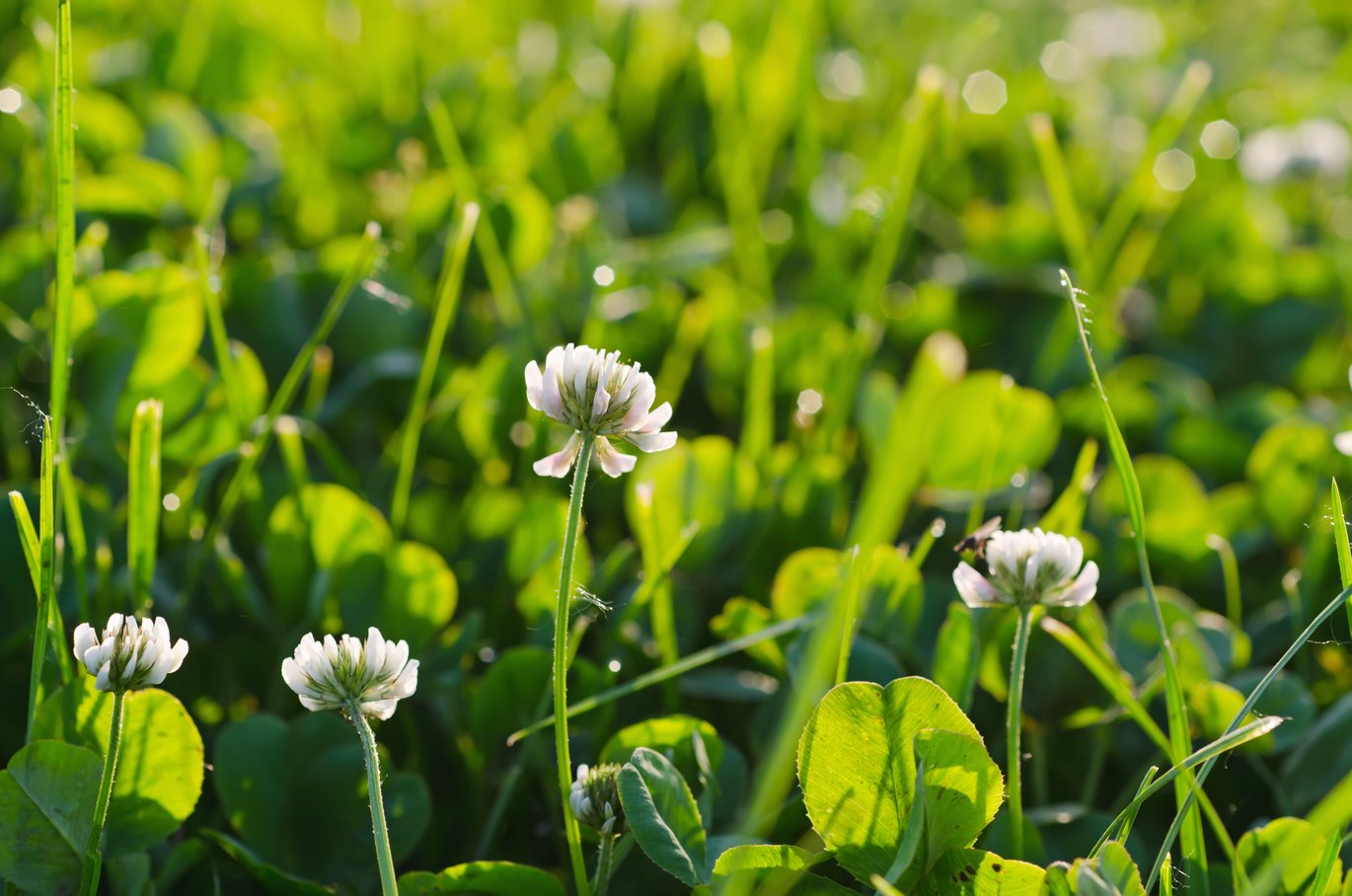Investigating the potential of multispecies grasslands
In a bid to overhaul agricultural practices and tackle environmental challenges, the LegumeLegacy project, backed by the Marie Skłodowska-Curie Actions, explores the untapped potential of multispecies grasslands within crop rotations. This pan-European research initiative seeks to revolutionise farming methods by emphasising circular systems that reduce waste, preserve resources, and adapt to the changing climate.

The ongoing simplification of agricultural production systems has resulted in severe environmental problems, ranging from losses in soil organic carbon and biodiversity to a high dependency on fertilisers to maintain high yields.
“Therefore, we need to rethink the way we produce food, especially in circular systems that prevent waste and reuse resources, protect the climate, but are also adapted to climate change,” says Ph.D. student Meret Kaspereit from the Department of Agroecology at Aarhus University.
She is part of the LegumeLegacy project, a pan-European research network. Here she and other researchers investigate the potential of multispecies grassland to improve resource circularity and environmental performances of crop rotations.
(Read more about the project here.)
See Meret Kaspereit explain more about the project here:
LegumeLegacy aims for circular systems and environmental benefits
Grasslands are especially useful for mixed or ruminant production systems in terms of sustainability and productivity, as they can provide several benefits such as:
- a high resource use efficiency leading to low nutrient losses
- a high carbon storage potential
- resources for insects and vertebrates
But since grass is predominantly suitable for animal feed, their potential for agriculture is maximised when they are embedded in crop rotations, where they are grown in alternation with arable crops for human consumption.
“That way, the grassland provides multiple environmental benefits and at the same time the dung from the animals can be used to fertilise our arable crops, resulting in a circular system. In addition, the grassland could have direct benefits for the following crop, such as nutrient transfer or weed suppression. Therefore, it is important to understand the complexity that determine the legacy effect for a follow-on crop and test this approach under different environmental conditions,” Meret Kaspereit.
Ph.D. students collaborate on multifaceted approaches for sustainable agriculture
To investigate the potential of multispecies grasslands, the project conducted a multi-site field experiment across 31 locations worldwide under the LegacyNet Network to test the robustness of the different mixtures under different environments. The aim was to improve the forage yield and quality, the resource-use efficiency and ecosystem services as well as the nutrient transfer to the follow-on crop.
Building upon this, the LegumeLegacy project intensifies the investigation, delving deeper into the integration of grass, legume, and herb mixtures within crop rotations. With research conducted at 8 sites in Europe and Canada, 11 Ph.D. students collaborate on diverse aspects, spanning biomass quality, biodiversity, genetics, stress tolerance, and environmental performance.
Meret Kaspereit is a part of this network employed at Aarhus University under the supervision of Carsten Malisch and Jørgen Eriksen. Her research focuses on understanding the dynamics of species within multispecies grassland mixtures aims to optimise niche complementarity for consistently high yields, superior forage quality, resilience, and ecosystem service provision. By delving into the underlying processes steering sward dynamics and composition, including the role of plant functional traits, the project aims to design resilient and sustainable grassland mixtures that maximise benefits for both the grassland stage and subsequent crops.
| ITEM | CONTENT AND PURPOSE |
|---|---|
| External collaborators | Aarhus University, Trinity College, Teagasc, Louis Bolk Instiute, University of Reading. University of Hohenheim, ETH Zürich, Agroscope, Poznan University of Life Sciences. Goldcrop Ltd., Cotswold Seeds, Wageningen University, Danko and Agriculture and Agri-Food Canada. |
| External funding | EU Horizon 2021 doctoral network programme under the Marie Skłodowska-Curie grant agreement No. 101072579 |
| Read more | LegumeLegacy (tcd.ie) |
| Contact information | PhD Meret Kaspereit, Department of Agroecology, Aarhus University. Mail: meret.kaspereit@agro.au.dk |
